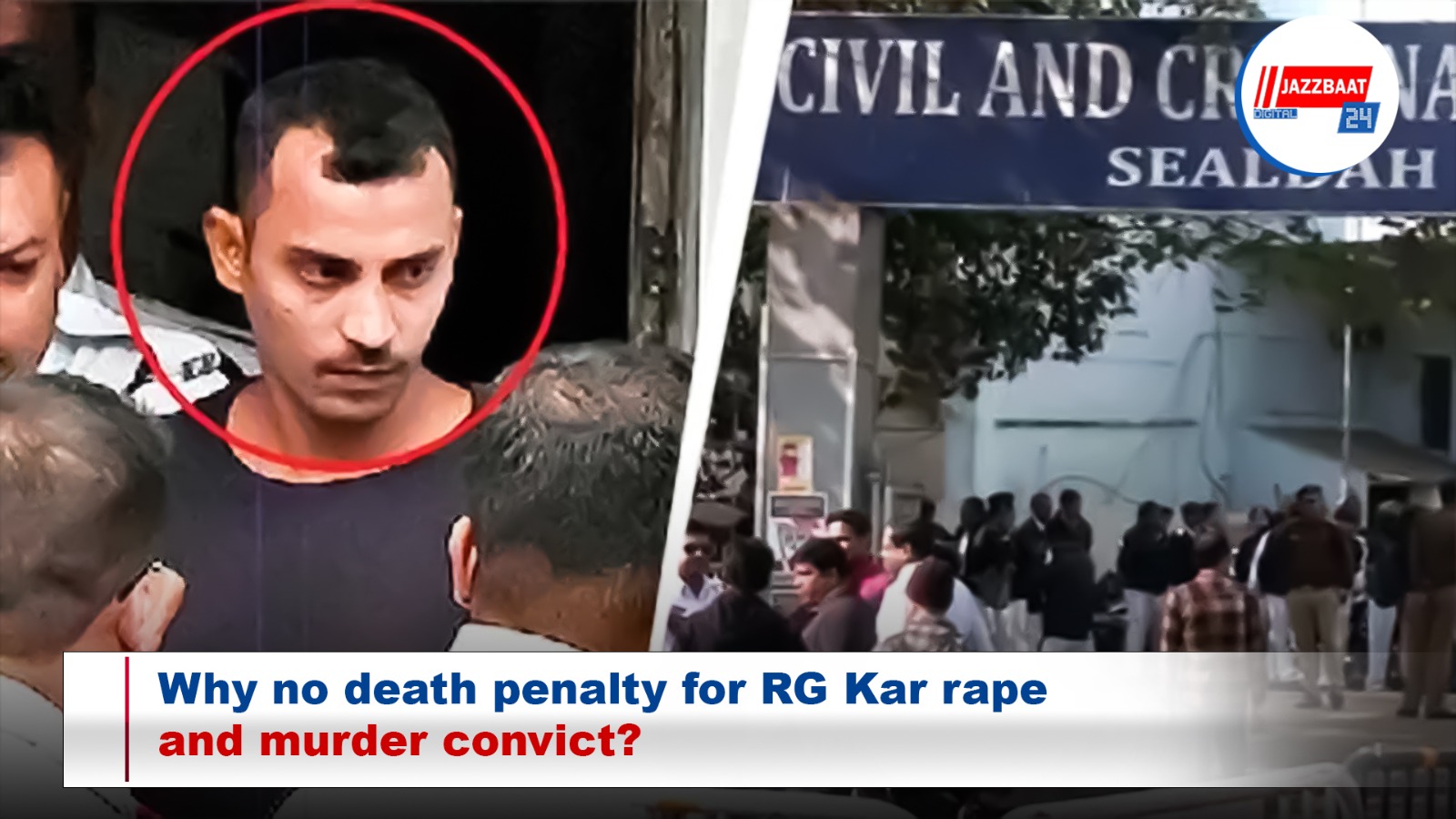
A Kolkata court has sentenced Sanjay Roy, the convict in the RG Kar rape and murder case, to life imprisonment but refrained from imposing the death penalty, citing the principles of reformative justice and the sanctity of human life. The court underlined that life imprisonment remains the rule, while capital punishment is reserved for the “rarest of the rare” cases.
The case involved the brutal rape and murder of a 34-year-old doctor in a seminar room at RG Kar Medical College and Hospital. Judge Anirban Das, in his 172-page order, addressed the nature of the crime, its impact, and the reasoning behind the decision not to impose the death penalty.
‘Life Imprisonment Is the Rule’
The court underscored that the Indian judicial system sets stringent criteria for the death penalty. Referring to another noted Bachan Singh vs State of Punjab judgment of 1980, the order stated, “Life imprisonment is the rule and death sentence an exception.”
While acknowledging the heinous and brutal nature of the crime, the court stressed that the punishment must be proportional to the crime and consider the principles of reformative justice. “In cases of extreme brutality and cruelty, where the offence shocks the conscience of society, the argument for the ultimate punishment gains strength. However, this must be balanced against the principles of reformative justice and the sanctity of human life,” the order stated.
The court the importance of assessing whether the convict shows potential for rehabilitation and reintegration into society. It noted the absence of prior criminal behavior by Roy and remarked that the judiciary must focus on the possibility of reform.
“The judicial system must weigh whether the convict, given the nature and circumstances of their crime, shows any potential for rehabilitation and reintegration into society,” the order added.
“...we must rise above the primitive instinct of ‘an eye for an eye’ or ‘a tooth for a tooth.’ Our duty is not to match brutality with brutality but to elevate humanity through wisdom, compassion, and a deeper understanding of justice,” the court observed.
The order further explained that the judiciary must resist public pressure or emotional appeals when delivering verdicts. “The court must resist the temptation to bow to public pressure or emotional appeals and instead focus on delivering a verdict that upholds the integrity of the legal system and serves the broader interests of justice,” it stated.
While the court acknowledged the crime’s heinous nature, it ruled that the case did not meet the ‘rarest of the rare’ criteria required for the death penalty. The judge further pointed out that, “The offence committed by him was not pre-planned.”
“The measure of a civilized society lies not in its ability to exact revenge but in its capacity to reform, rehabilitate, and ultimately to heal,” the order concluded.